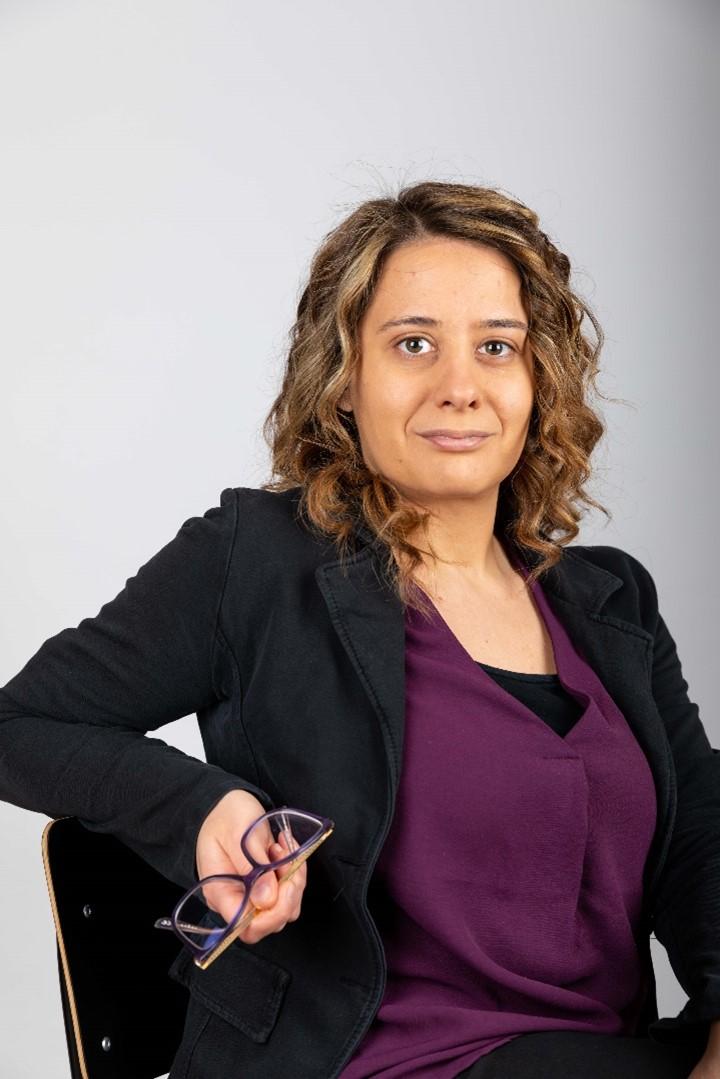Meet the CCRI stakeholders: BIOMODEL4REGIONS (CCRI Project)
Published on 23.11.2023
An interview with Patrizia Circelli, BIOMODEL4REGIONS Project Coordinator.

What potential do you see in the CCRI and what do you hope to achieve by participating?
The potential of the CCRI is to exchange knowledge, experiences, best practices and solutions with Horizon projects, cities, regions and territorial clusters, to accelerate the wide uptake of the circular economy across Europe to achieve the 2050 climate neutrality target set out in the European Green Deal.
How do you plan to use your experience to support governance to boost circular economy at the local level?
The BIOMODEL4REGIONS project aims to support the establishment of innovative governance models at local/regional level in six pilot regions in Europe by:
- supporting the development of regional/local bio-based economy strategy blueprints;
- developing novel business models to enable consumers, industry/producers and public bodies to [undertake] a societal switch towards environmentally responsible behaviour by means of biobased products and services;
- Developing best practice guidelines for local operators and innovation developers, supporting climate neutrality and low environmental footprint improvements of bio-based products and services.
All the information shared by the CCRI stakeholders, including papers and reports, tools, methods, and so on, represent best practices and suggestions that will support BIOMODEL4REGIONS to reach its project objectives and the six regions involved in the project to establish their governance models.
In what ways can you contribute to the development of Circular Systemic Solutions, including by CCRI Pilots and Fellows?
The BIOMODEL4REGIONS results (strategy blueprints, business models and best practice guidelines) will be demonstrated in six pilot regions chosen in the clusters partners’ network, by taking into account different model regions (Northern, Southern, Eastern and Central-Western EU), their conditions and assets, and different primary sectors (forestry, agri-food, aquatic biomass and organic fraction of municipal solid waste (OFMSW)). This diversity will allow the project results to be demonstrated under a fully transferable case-study approach, which can be replicated throughout Europe to demonstrate the replicability of the approach after the end of the project by also contributing to CSS.
To find out more about BIOMODEL4REGIONS, visit their profile on our website.

including bio-based economy
CEAP2 key product value chain
predominantly urban regions, intermediate and predominantly rural regions, refer to TERCET typology NUTS 3 region



